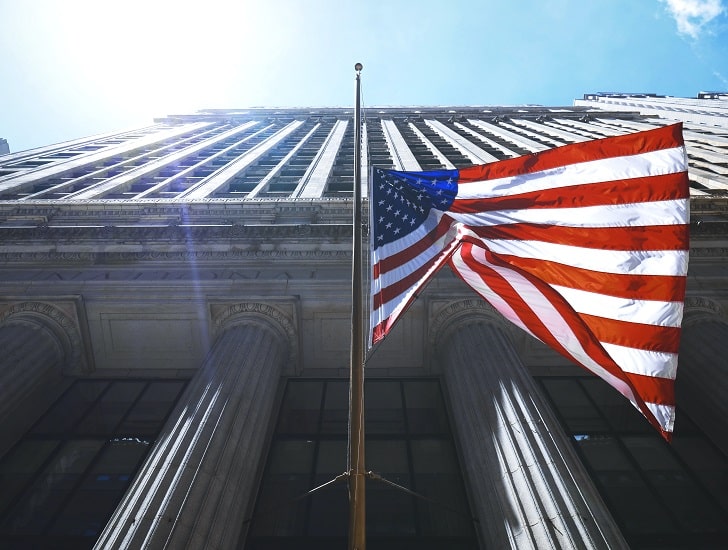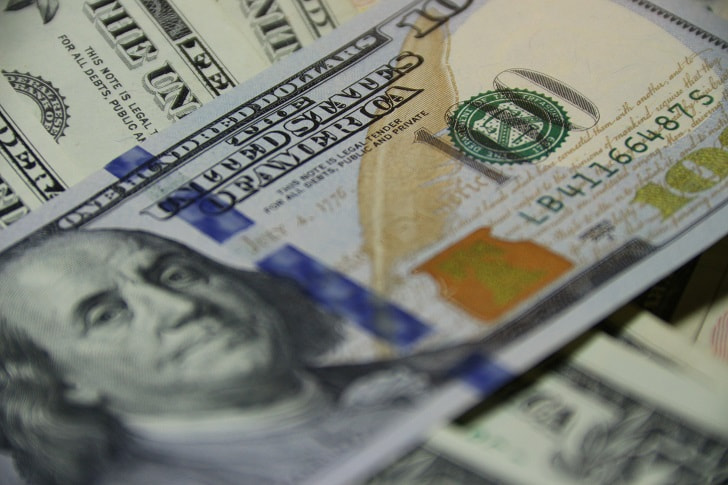The Paycheck Protection Program or PPP was established as a forgivable loan program for small businesses through the coronavirus relief law that was signed and enacted in March. However, the initial funding of $349 billion was quickly depleted two weeks after they started accepting applications.
On April 27, applications for the PPP was re-opened with an additional fund of $310 billion. Small business owners are now finding the application process easier compared to the initial round. Some who previously failed to get approved, were finally able to get funds.

The Paycheck Protection Program (PPP) was reopened on April 27 with an additional $310 billion funding.
One of them is Valerie Riley, who owns the Oklahoma City-based LifeSquire. She employs 22 people in her assistant-services company. They weren't able to get a loan from the initial round because of weeks of delay and miscommunication between her accountant and their third-party loan preparation firm. When she found out that the application didn't even reach the bank, it was already too late.
Recovering from her horrible experience, Riley took it upon herself to hand in her application when they reopened the PPP. Within a day, she was able to secure funds worth $140,000 from local lender Watermark Bank.
For business owners like Riley, the PPP has become a lifeline as they thrive through financial difficulty during the coronavirus crisis. There have been major disruptions in the economy as states all around the U.S. have shuttered non-essential businesses and have implemented stay-at-home orders.
The PPP was meant to offer small businesses with up to 500 employees low-interest loans of up to $10 million. The loaned amount can be forgiven provided that they adhere to certain conditions like allocating the bulk of the funds to payroll.

The loan can be forgivable if 75% of it is used for payroll
Judy Gatena, who is the CEO of REP Digital, also went through an emotional roller coaster in applying for a PPP fund. She applied during the 1st round through Bank of America. It was quite the setback when it failed because the six employees of her Nashville-based video production company are all relying on her. She made sure that they still keep their jobs and self-funded their salaries until she finally obtained a loan recently.
The federal loan program first opened on April 3, a week after legislation. Applicants, lenders, and even federal officials struggled during the early days of the first-come, first-served program as they tried to understand this new program.
The U.S. Park Pass, a 4-person company that sells US national park passes and merchandise, didn't have a successful application in the 1st round as JPMorgan Chase found it incomplete. According to the Connecticut-based company's co-founder, Ivo Bottcher-Yu, they already provided as much as they can, but Chase still found it insufficient. Bottcher-Yu said that no one knew what was needed. Even their accountants didn't know.
After they updated their documentation in the 2nd round of applications, they were able to get their funding a day after Chase submitted their application to the Small Business Administration.

Small business owners whose applications were declined in the first round were successful in the second.
Although the second round still has several hiccups here and there, there has been a stark difference from the previous round. Some business owners also adopted strategies to increase their chances of being approved. Cathedral Capital president and founder Brooke Lively revealed that entrepreneurs diversified their applications and sent it to several lenders.
This is precisely what Jenny Bradley did. She owns a law firm in Cary, North Carolina that employs eight people. In the second round, she applied through three lenders: Fountainhead Commercial Capital, Kabbage, and Lendio. Through the online loan marketplace Lendio, she was matched with lender BlueVine. Bradley got her $105,000 loan the night after SBA approved her application. She cast a broader net and got the catch she wanted.
